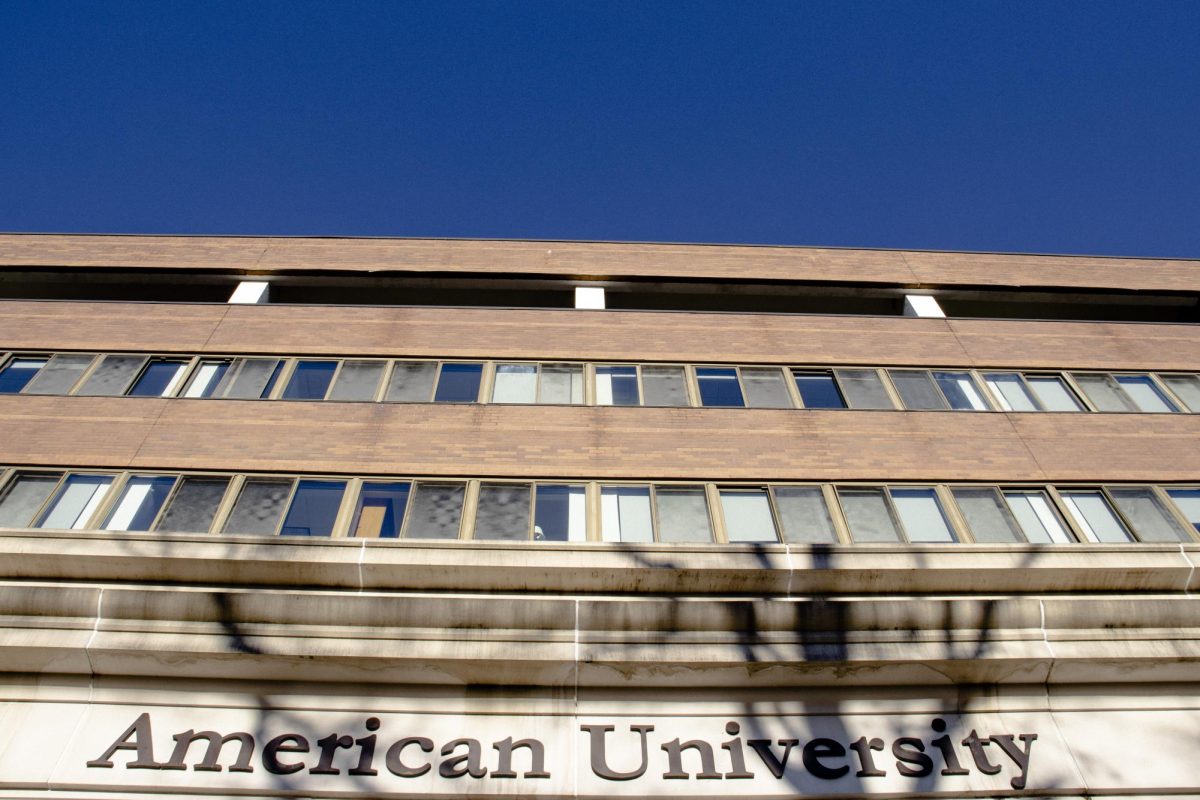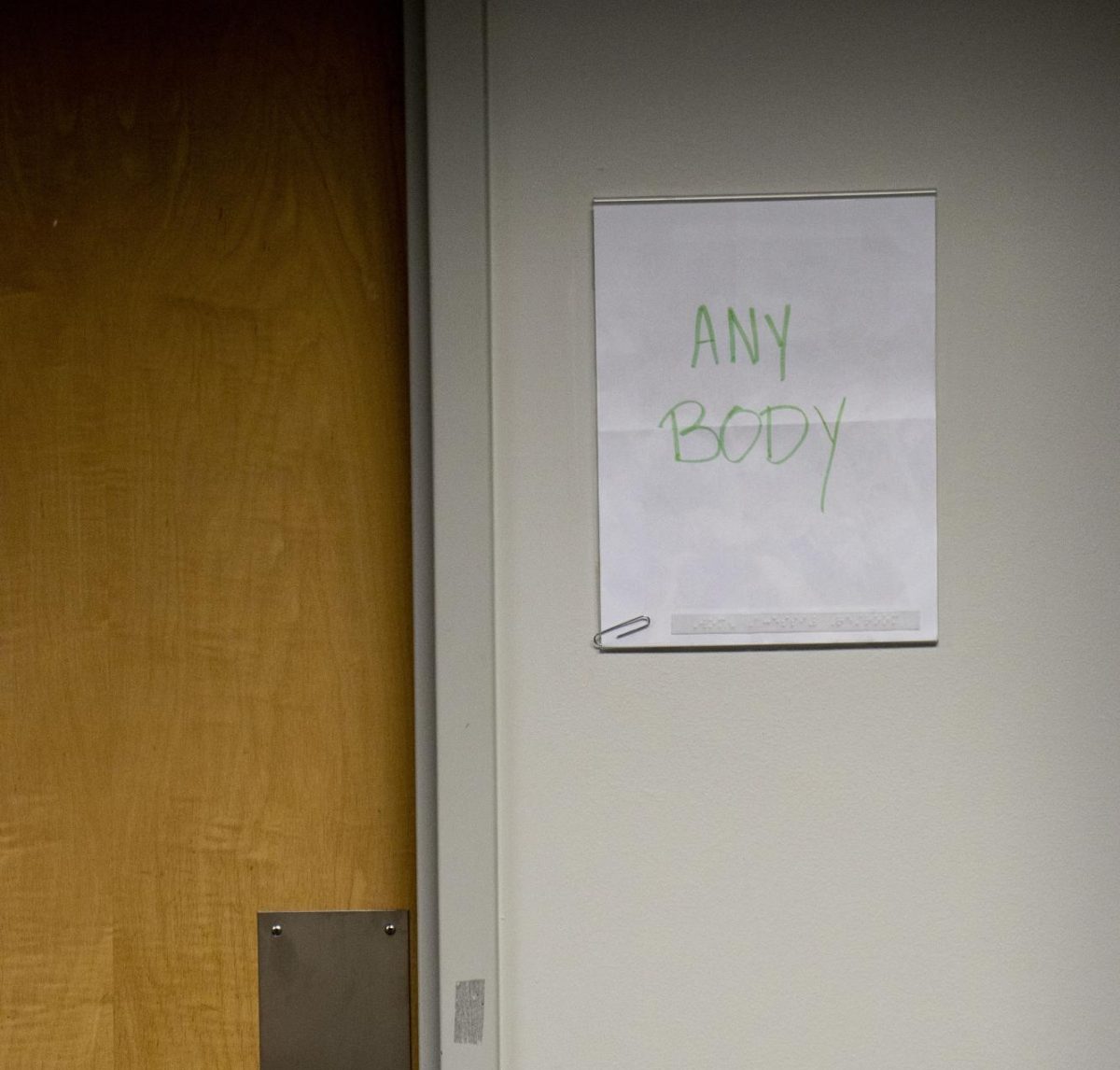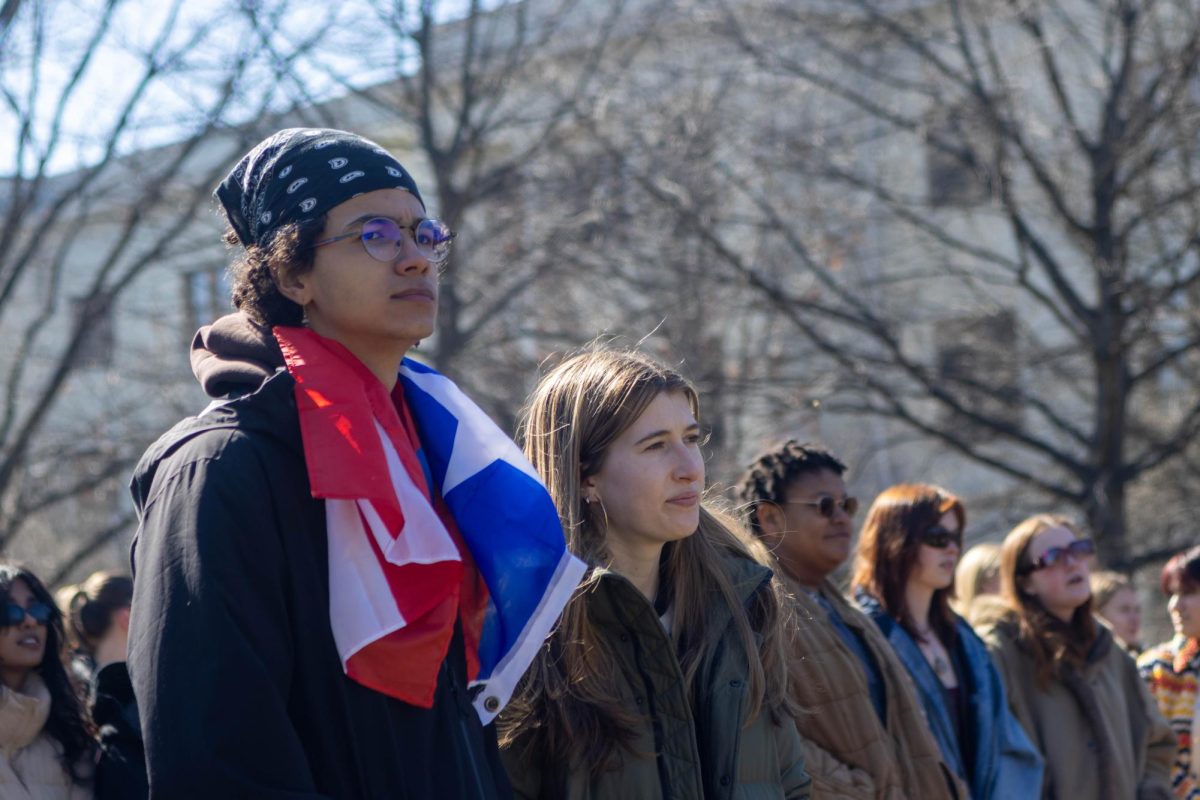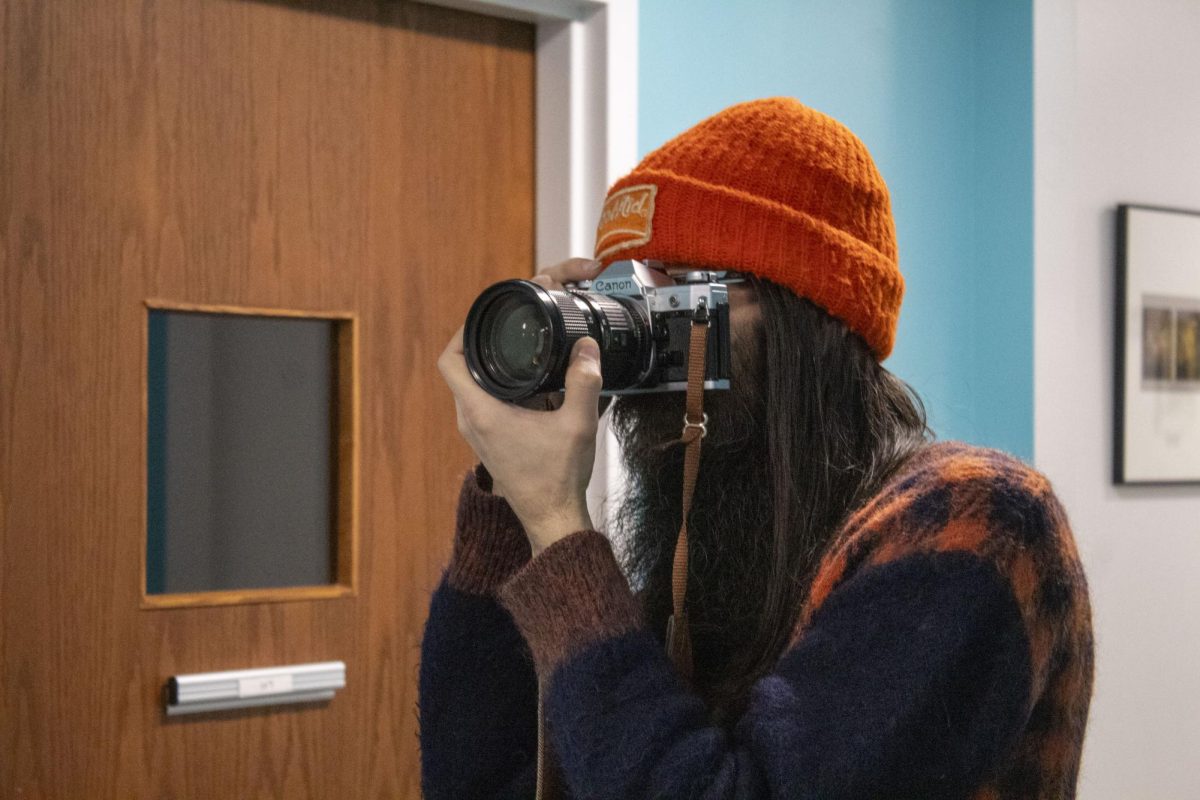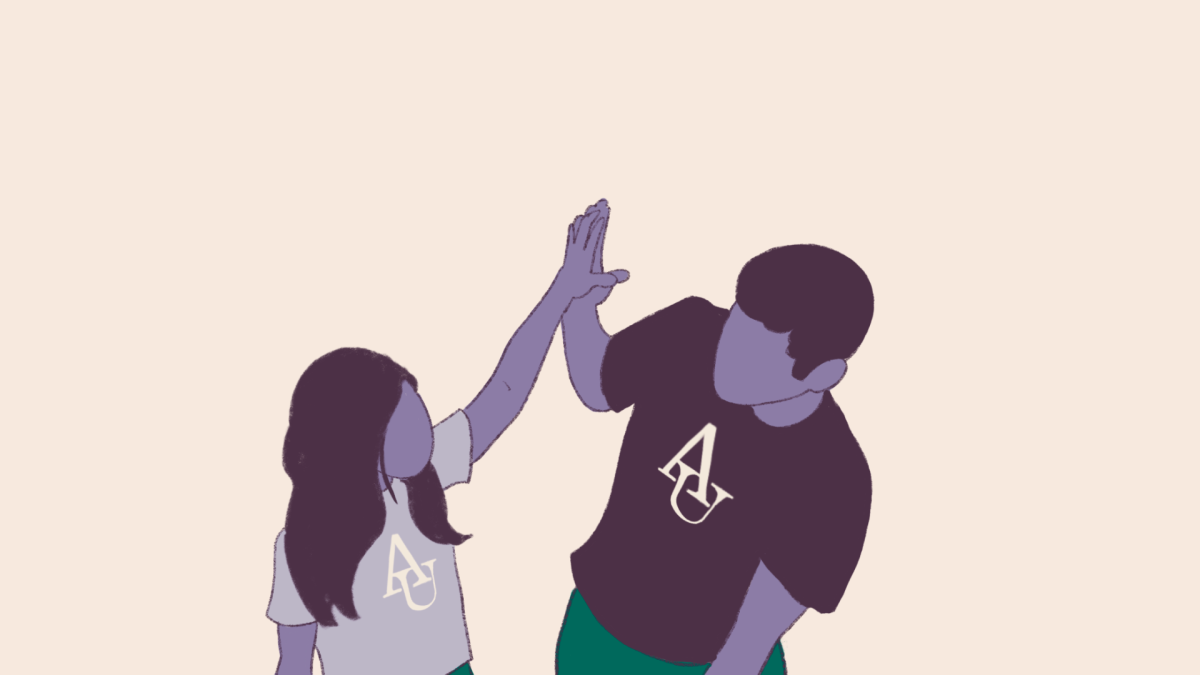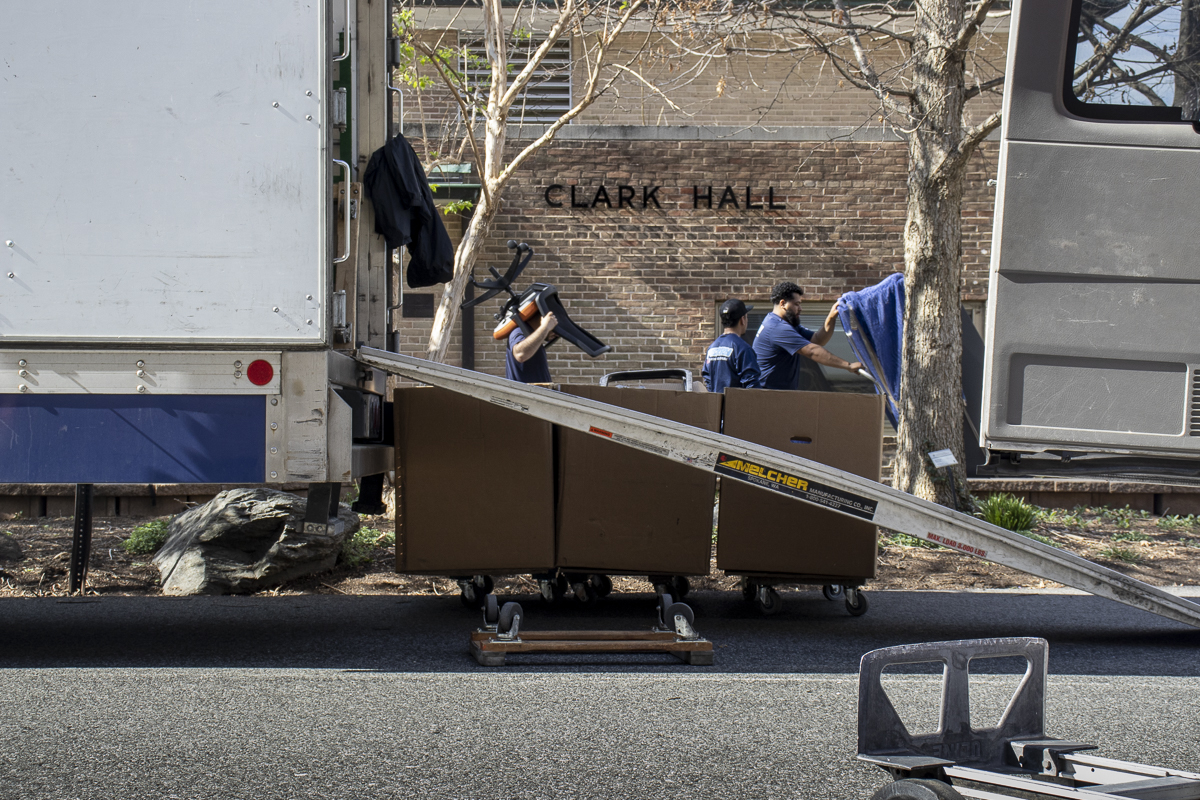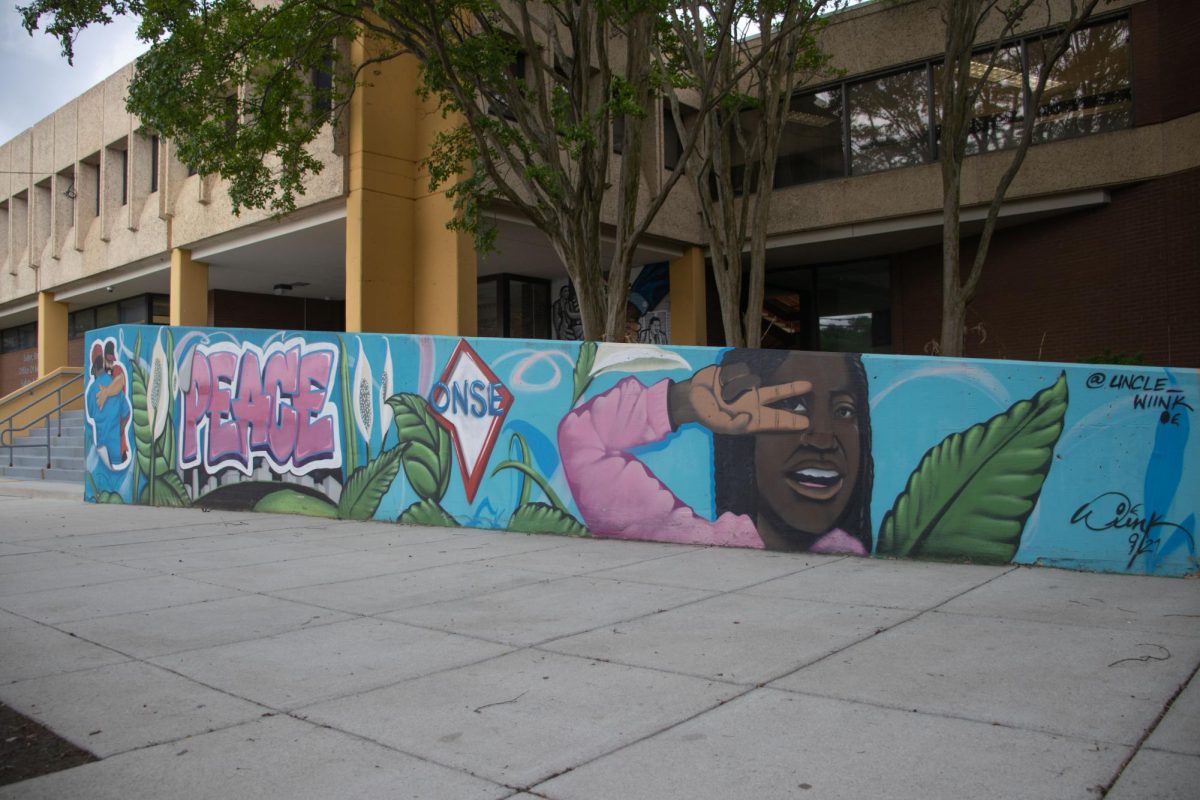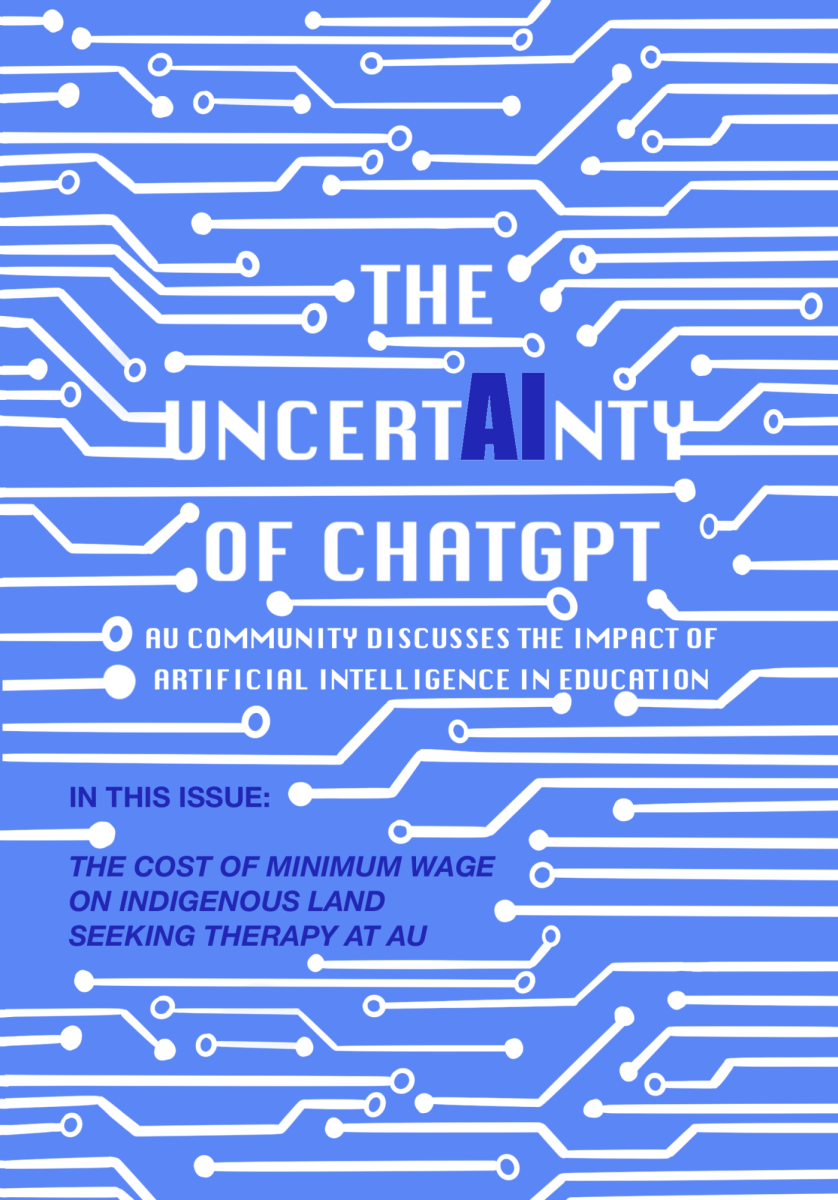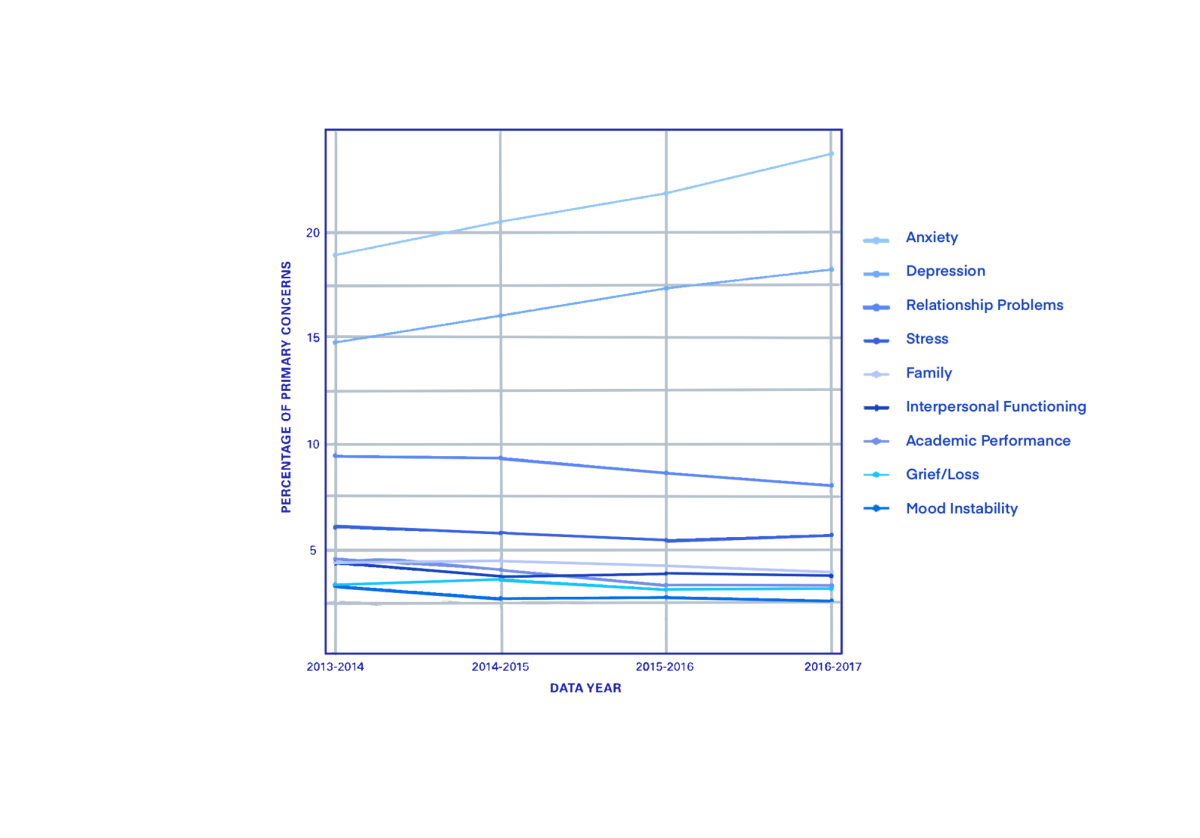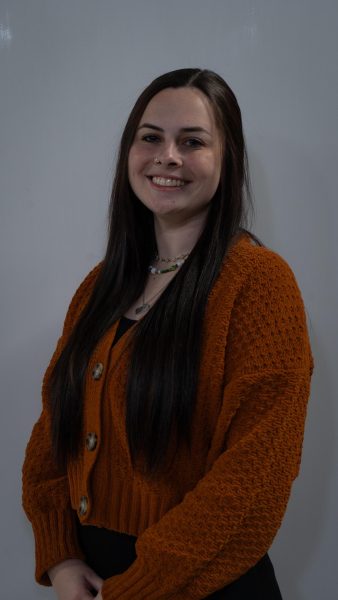Amid rising textbook prices, students have ethical concerns about professors requiring their own textbooks for classes.
Lane Thimmesch, a first-year International Studies major, said she worries that the increasing costs of textbooks may lead to inequity in education. All students enrolled in AU’s School of International Services, like Thimmesch, must reach the intermediate II level of a language to graduate. For students starting at the first level, this takes four semesters. One of Thimmesch’s online textbooks, only available for two semesters, cost her $180.
“Essentially, you can’t do the class, learn or follow along with what’s happening if you can’t pay for it, which to me is crazy,” Thimmesch said. “It’s not even an elective class, you have to do it to get your degree.” According to the university’s 2022-2023 tuition table, a full-time student without financial aid at AU pays $26,535 a semester for tuition alone. That price does not include meal plans, housing, additional fees for the sports centers, the U-Pass program, technology or other activities.
“I think especially when a part of your grade lies in you being able to purchase the textbook, I think it’s really inequitable,” Thimmesch said. “I just think that’s an accessibility issue.”
From 1977 to 2015, textbook prices rose by 1,041% – over three times the rate of inflation – faster than any other consumer product, according to a study conducted in 2014 by the Bureau of Labor Statistics.
AU Assistant Professor of Government Chris Edelson said students are at the forefront of his decision-making process regarding textbooks.
“The first thing I think when you say textbooks, I think of students and that some textbooks are very expensive,” Edelson said.
Edelson said he curated his courses throughout his 14 years at AU. In his earlier classes, he assigned a collection of works and articles he had written himself. However, in recent years, he combined the class readings into a textbook for his course.
“Look, this is a book I wrote, and I use it because it’s useful to me,” Edelson said. “This is nothing I’m doing as a money making venture.”
Nearly 70% of actively enrolled college students were required to purchase a textbook written by the course professor themselves, according to a 2019 study conducted by Insider and Barnes and Noble College Insight.
The expectation to purchase textbooks written by their professors has led to ethical concerns and frustration among students. Steven Blum, a senior majoring in international studies, said he felt like professors assigning their own textbooks was usually unnecessary. “It seems cheap and sleazy,” Blum said.
Professors requiring their own textbooks has raised questions for Blum about the quality of education and the need to attend classes. Blum is currently in a class where the professor assigns a textbook that they wrote themselves. The professor named the course after the book, and the chapters directly coincide with the syllabus class schedule.
“You can take the class or read the book and get the same exact experience and knowledge,” Blum said.
Blum also said that professors who require their own textbooks ensure sales for their work.
“To go and use that, like teach a class to try and make money off of your own book and profit off of the class you’re teaching just doesn’t seem ethical,” Blum said.
Blum said he felt there is a space for professors’ work in the classroom, but this specific medium is not working for all students.
“You’re selling your own book, to promote it, and then teach your class based on the book that you wrote, I get that you think it’s a great book,” Blum said. “But it just seems messed up.”
Other professors who require their own textbooks for class did not respond to requests for comment. However, Edelson said he makes a minimal profit from sales.
“I get approximately $1 for each book that is sold, so it’s not something that’s like a cashing in kind of thing,” Edelson said.
Edelson said he has never made purchasing his textbook a requirement to take his class. His books have always been available to students through the university library. Since the beginning of the COVID-19 pandemic and online learning, Edelson said he has found new ways to ensure the availability of his textbooks.
“During the pandemic, I realized that they both are available as e-books,” Edelson said. “So now when I assign them, I’d say you can buy them if you want to, you don’t have to.”
Edelson said course reserves have been especially beneficial while ensuring equity in his classroom.
According to the university website, the course reserves program started in 2009 as a way to keep down textbook costs by purchasing copies that students can share. Since then, it has grown into a much more comprehensive university resource. Donna Femenella, AU’s course reserves coordinator, said the course reserves service provides faculty a place to make course readings available to students.
“What we really have attempted to do is expand upon the amount of resources that we place on reserves,” said Femenella. “We not only do the textbooks that are either required or optional readings, we also provide access to book chapters or articles. So it’s just a way to streamline that process for you all to have access to your course readings.”
Throughout the program’s 14-year history, course reserves have worked to grow and cater its selection to the needs and wants of the university’s students, Femenella said.
“Previously, it kind of had just been faculty submitting their requests to us and then us just placing those,” Femenella said. “But we’ve really attempted to kind of be more proactive by going to the campus store and asking what the required texts are from them, and then placing those required texts on reserves.”
While there has been natural growth, Femenella said course reserves have also had to adapt to the needs of the university abruptly.
“With the onset of the pandemic we really shifted to e-books,” Femenella said. “There was a need at that point, and then we continued doing that and made that kind of a priority so as to provide more accessible options to students. It’s like taking a little bit more of a proactive approach.”
The course reserves program understands its role in ensuring equity across the university and the importance of equity to students, Femenella said.
“We’ve also in that kind of space of understanding costs, really tried to push more physical copies if we can’t get it as an e-book,” Femenella said. “So it’s not just one copy. So it does allow for students to have more options with it. So for the most part, I believe that there’s been quite a lot of great success with that and students seem to appreciate it.”
Femenella said course reserves intends to expand on their program.
“We’re trying to have it so that we do have every required textbook available to students as another option for them,” Femenella said. “Course reserves is just kind of reaching out more and then therefore providing as many options as we can to help students.”
Despite course reserves’ growth and some professors’ actions, textbook costs still impact students.
A 2018 survey conducted by Florida Virtual Campus revealed that because of high textbook prices, 64% of students did not purchase the required textbook, 23% dropped a course, 36% earned a poor grade and 41% chose not to take a specific course.
Blum said he avoids buying textbooks and that the price impacts students’ ability to learn.
“I don’t know the last time I bought a textbook,” Blum said. “If it’s a textbook that’s quintessential and is required for the course and you don’t have access to it or you can’t get it, then that’s absolutely a disadvantage and not equitable.”
Thimmesch said it is important to promote accessibility to create a conducive educational environment.
“It should be an equal playing field and everything is equitable,” Thimmesch said. “It’s unrealistic to expect that every single student will be immediately able to make that payment to take your class.”



